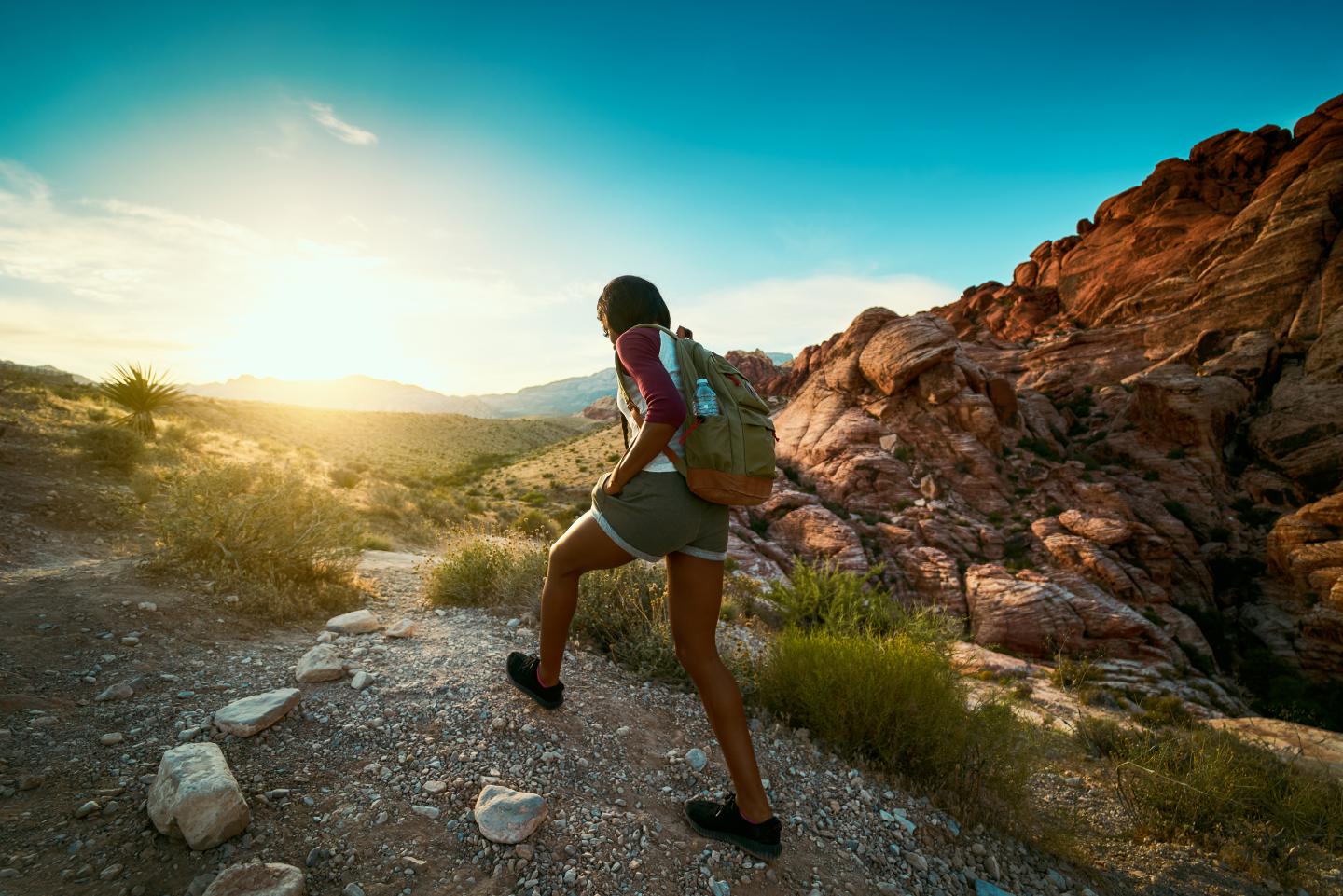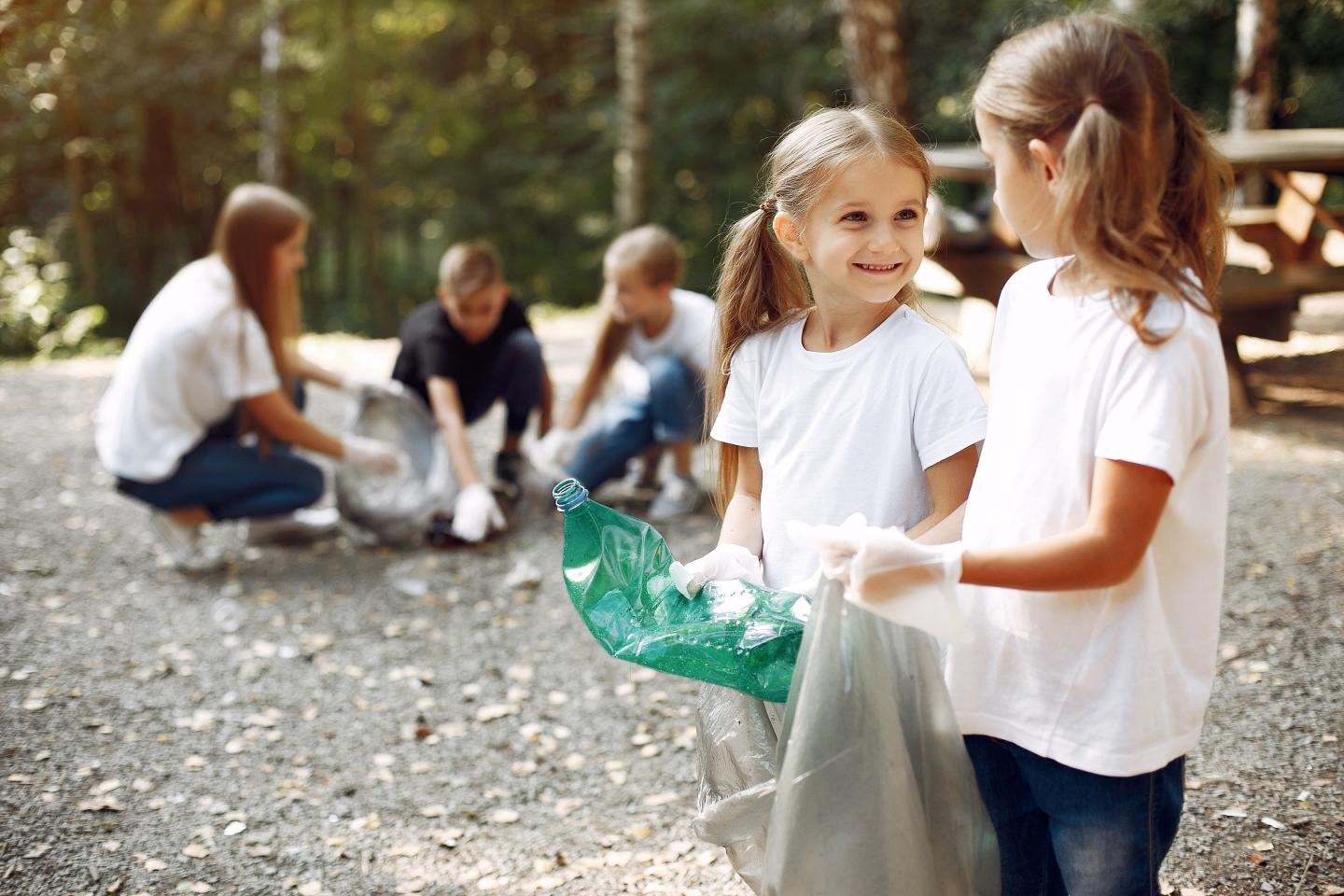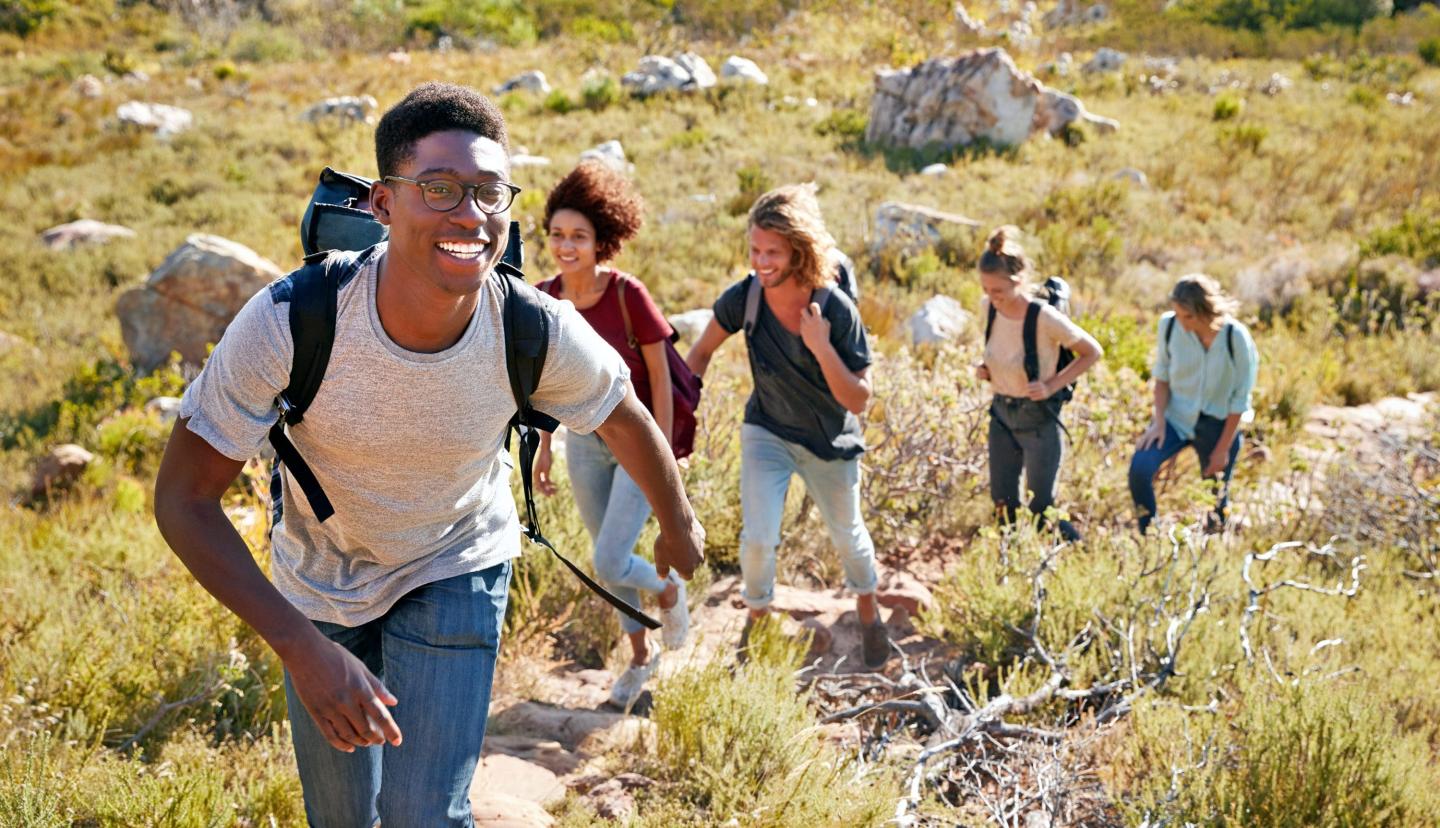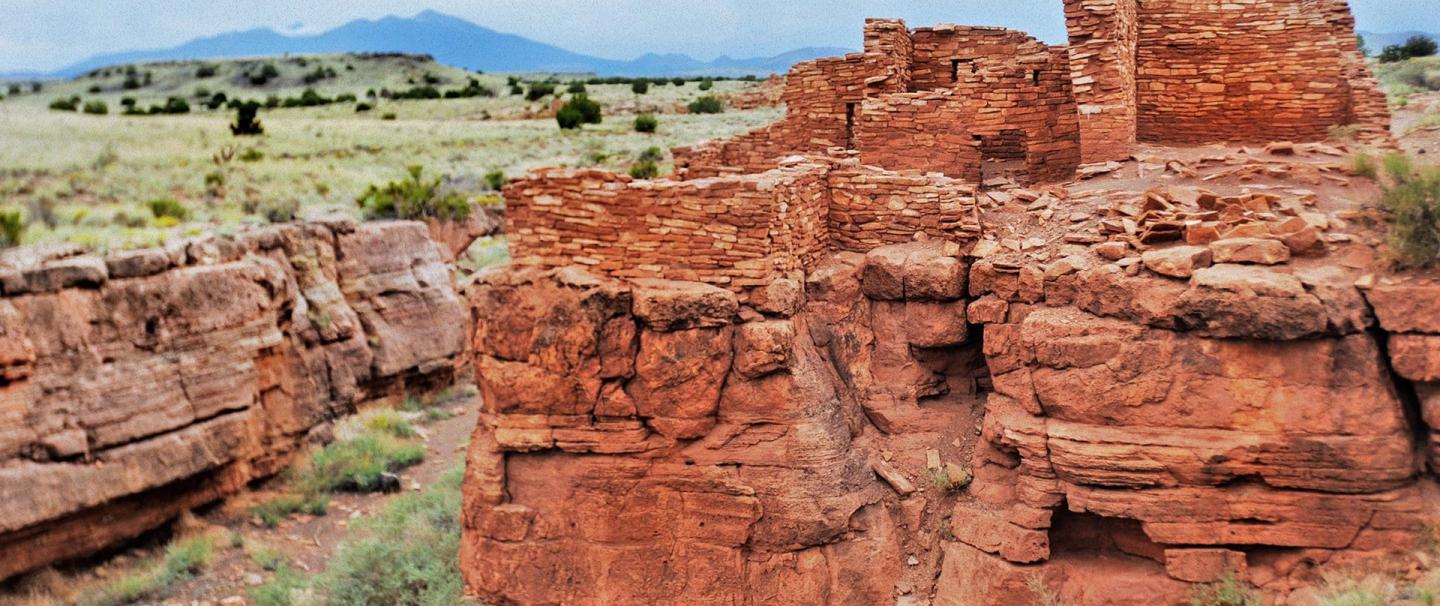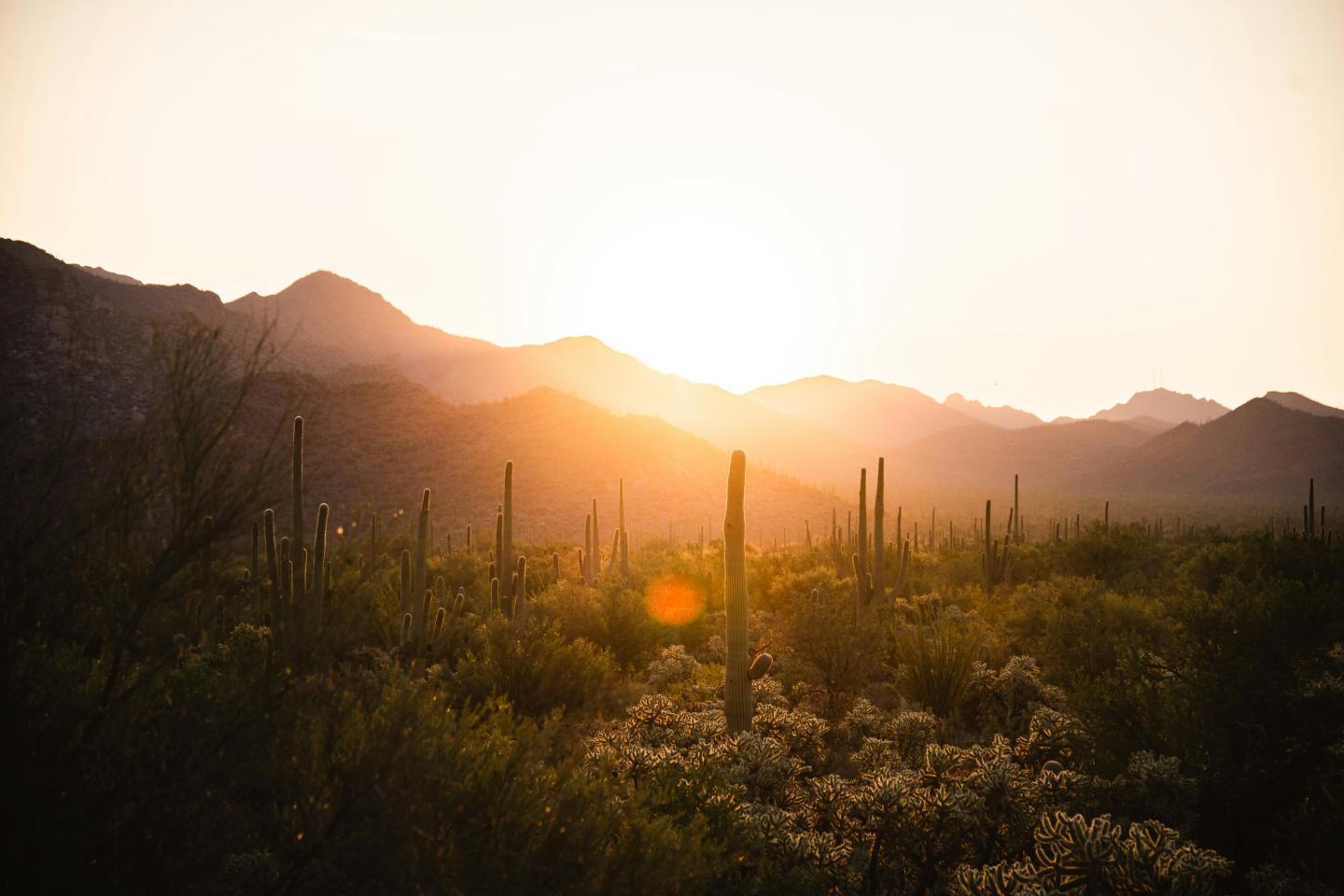
When Parks and People Need Our Care Most
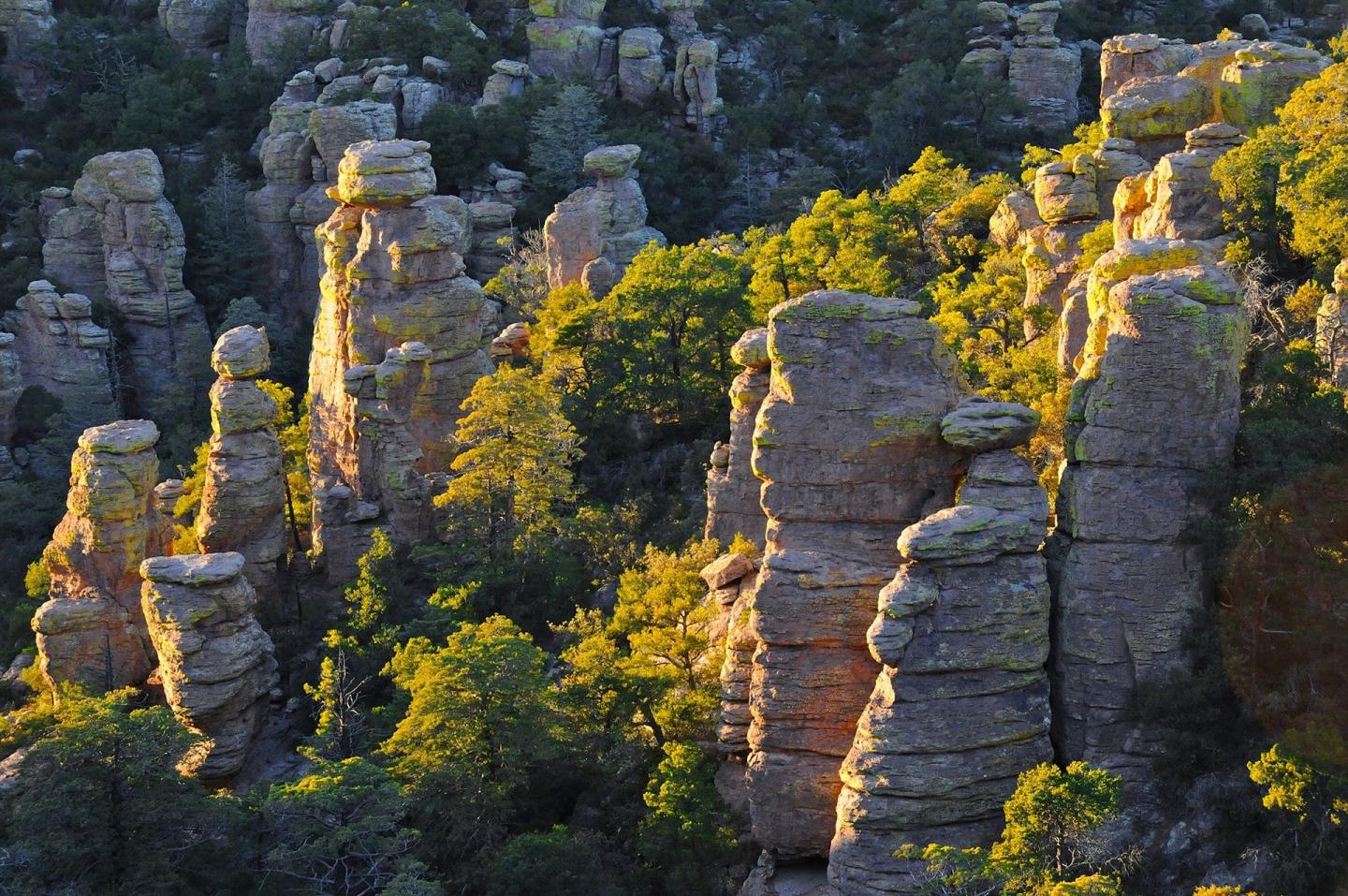
By WNP President and CEO Marie Buck, October 22, 2025
Our national parks give us so much and always need our care—but there are urgent times when our deliberate and collective love for these deeply personal and timeless places matters more than ever.
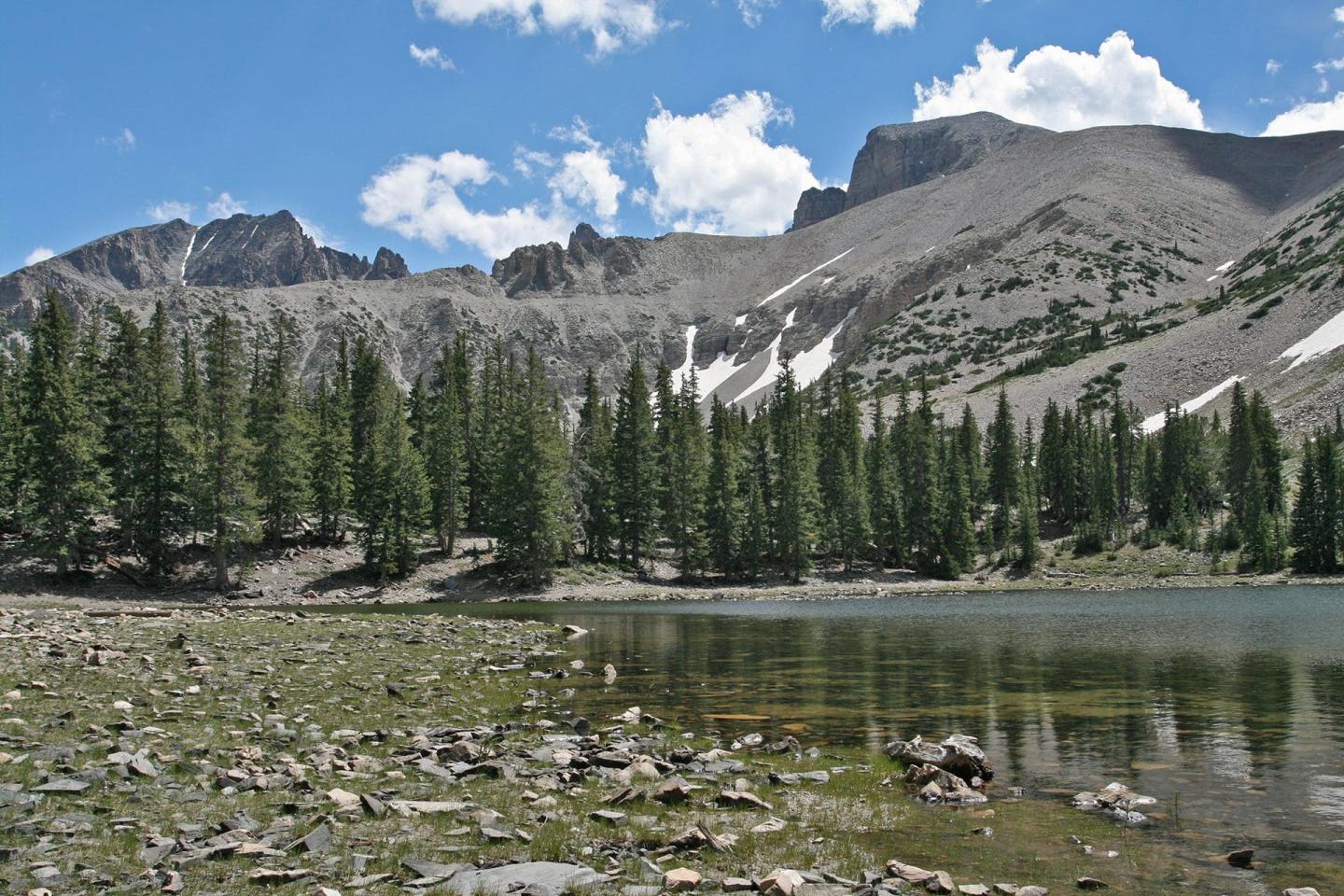
Caring for the landscapes we love
During the government shutdown, many parks continue to welcome visitors, but with fewer staff and limited services. The landscapes we love—the canyons, forests, deserts, waters, cultural and historic sites—still offer their quiet beauty and healing connection. Yet they also face heightened challenges as the people who care for them work with fewer hands and fewer resources.
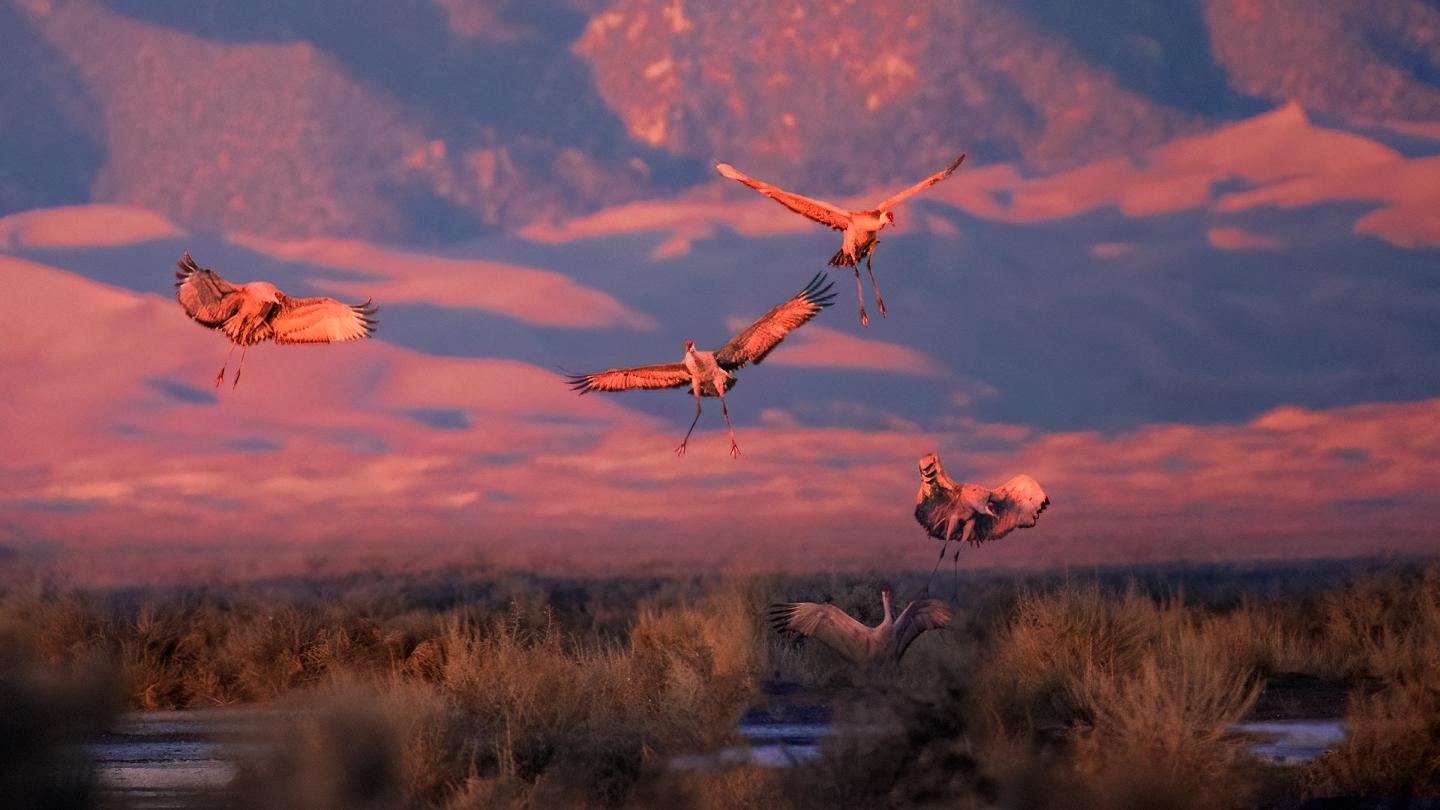
Acting with intention
This is a moment to pay attention, recognize our impacts, and act for the good of these precious landscapes so that they might thrive for future generations. This means visiting with intention, learning more ways to minimize our negative impacts, and actively seeking out new pathways of support. It is our collective responsibility to care for these public lands. They are here for us and, together, we can do more to protect them when fragile resources are more vulnerable than ever.
Responsible recreation is not just a guideline—it’s a way to honor the places that have given us so much and the people who work so hard to protect them.
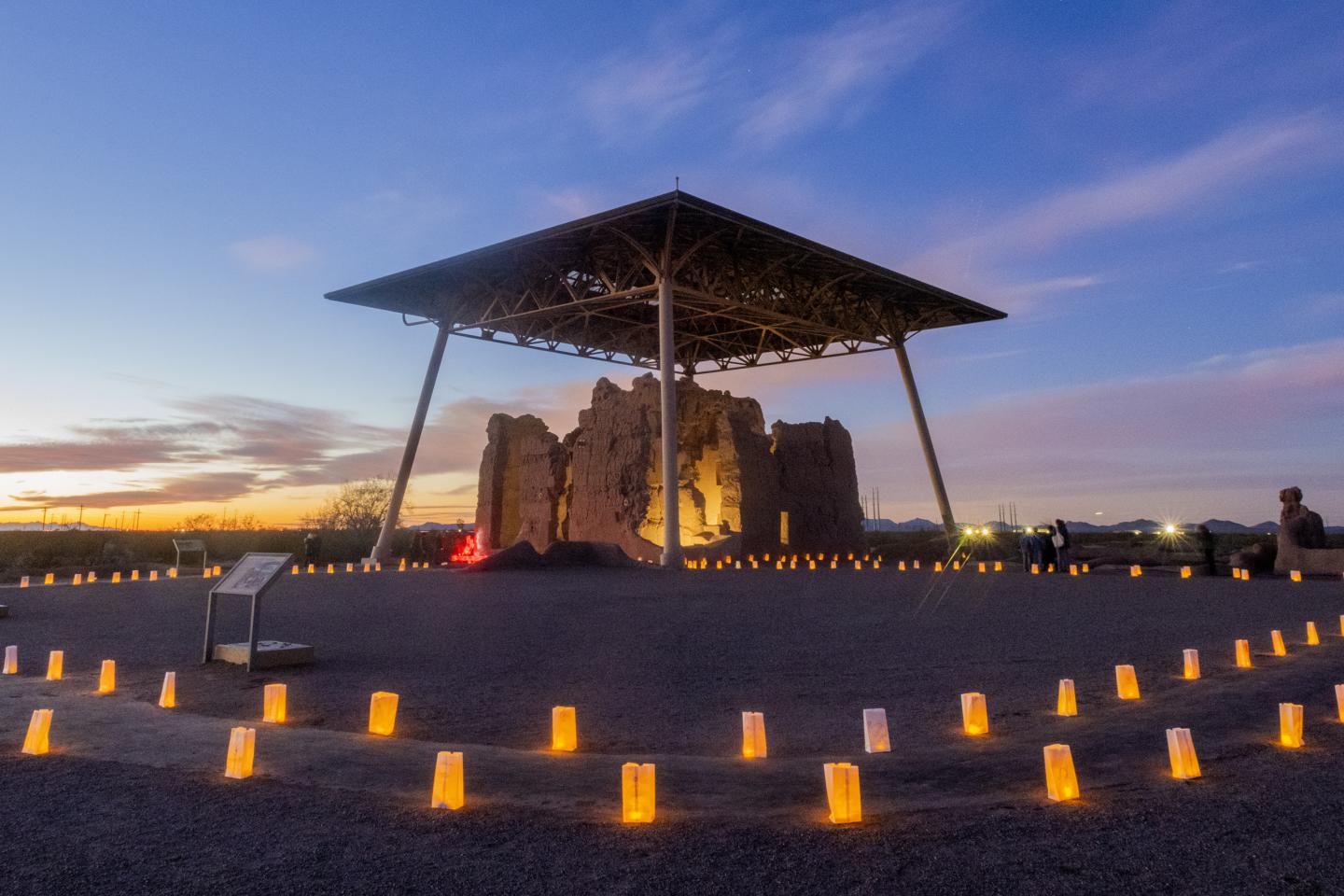
Our choices matter
The small choices we make now can have a lasting impact. A footprint off-trail can crush a delicate ecosystem that took centuries to form. A discarded wrapper, even when placed in a bin, might drift into a river or nest, threatening endangered species. A carved initial on a rock can erase a story written centuries ago. A boot placed on the wrong surface might unintentionally erase or disrespect the cultural heritage of those who have stewarded these places for countless generations. These places depend on our mindfulness as much as our admiration to remain resilient in the face of mounting challenges.
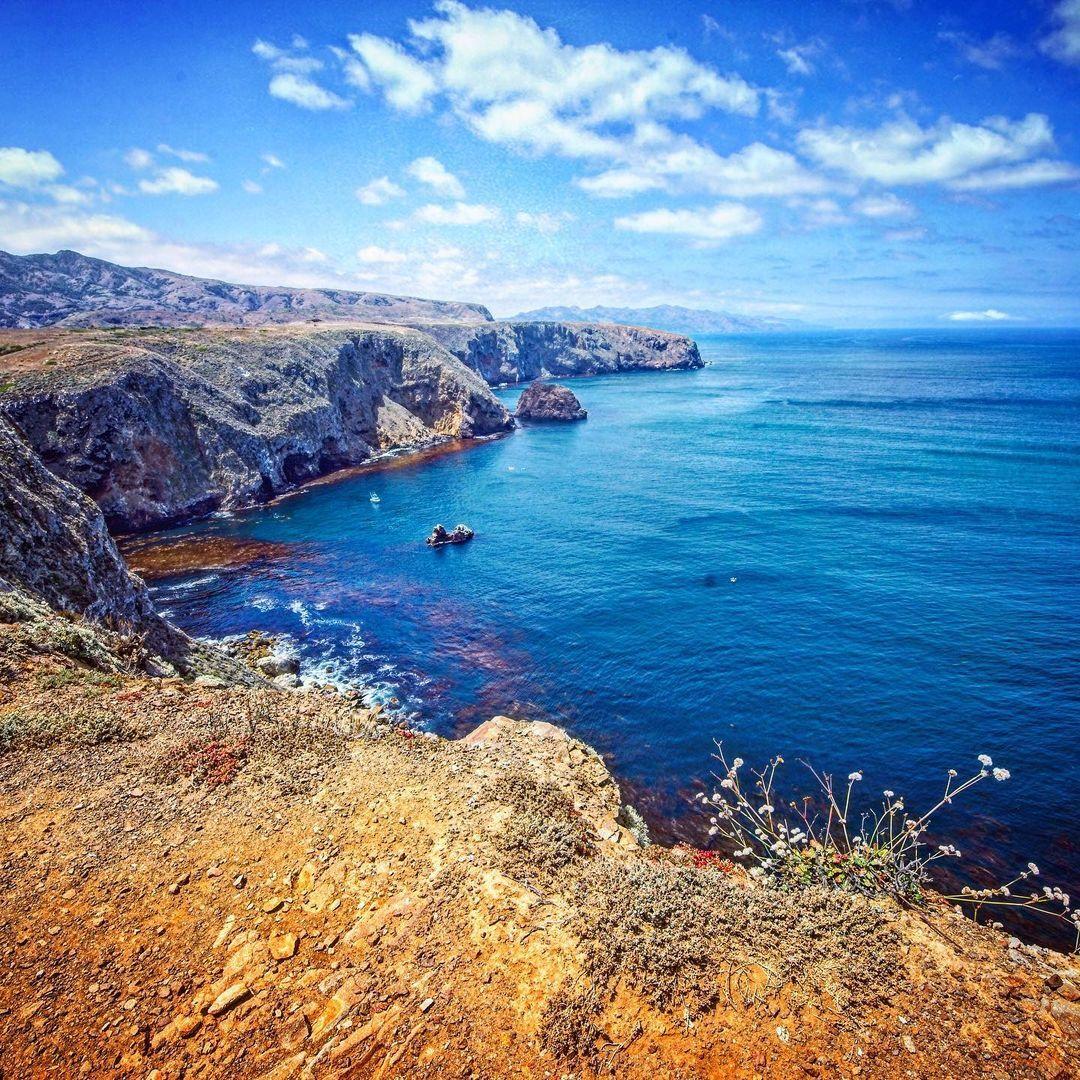
Caring for parks begins before we arrive
Learn about the place you plan to visit—its history, ecosystems, and any temporary restrictions. Dig deep into how humans can unintentionally harm the environment and cultural artifacts, and take active steps to avoid these actions and to educate others to do the same. Respect closures and marked trails. Pack out what you bring in. Offer patience, gratitude, and love to staff and volunteers who continue to serve visitors with limited support. Responsible recreation is not just a guideline—it’s a way to honor the places that have given us so much and the people who work so hard to protect them.
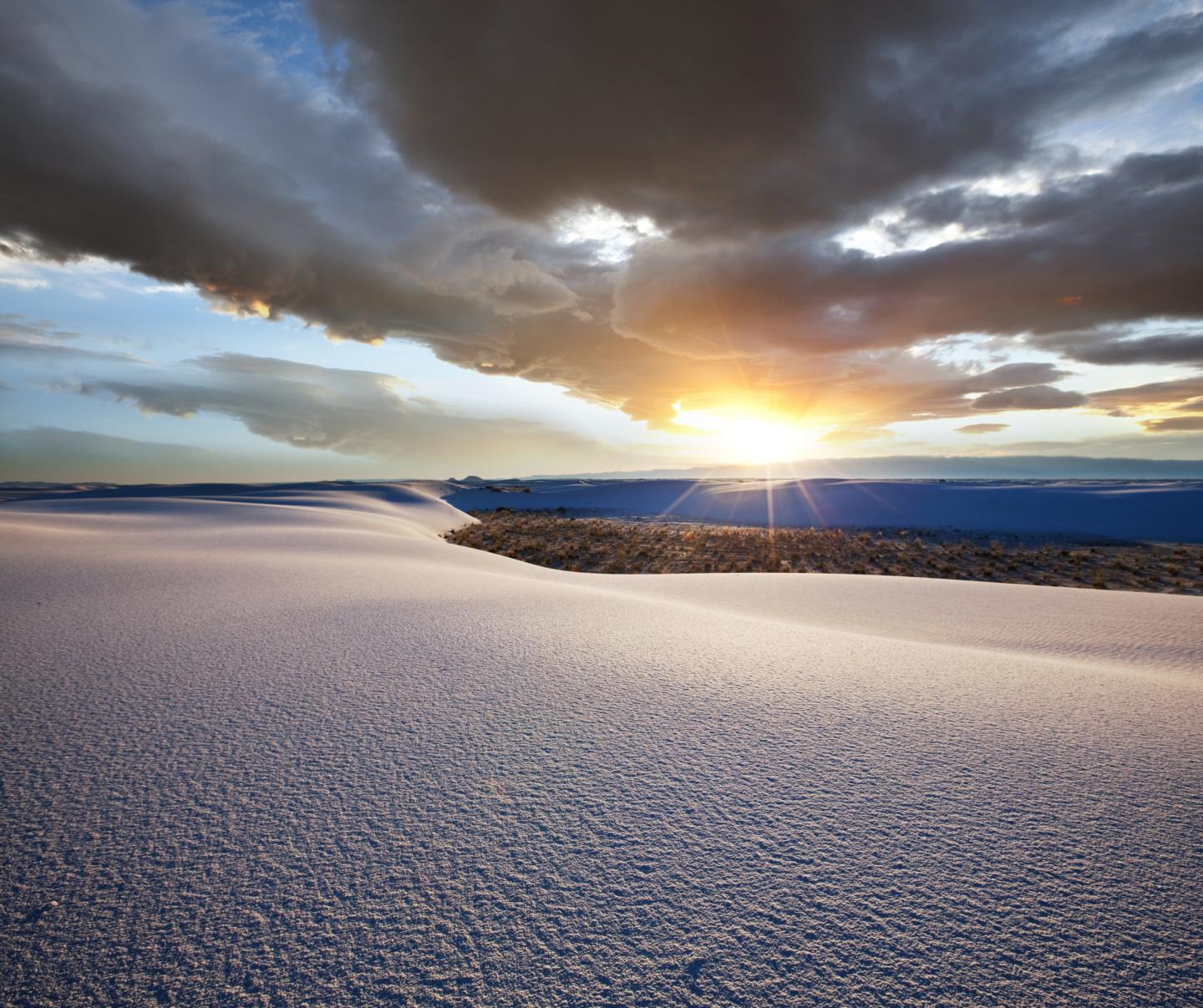
Support the people behind the scenes
Behind every open gate and trail, people are working quietly to keep the parks alive and safe. Rangers, researchers, maintenance crews, volunteers, and partners carry forward the work of protection and education, often under challenging conditions. Their dedication ensures that even in times of strain, parks remain places of connection and wonder. They, like the places you love, need your support and care.
Together, we can protect our parks.
At Western National Parks, we have partnered with the National Park Service since 1938. Through education, research, and interpretation, we help deepen understanding and strengthen the bond between people and parks. Our commitment endures through every season—steady, reliable, and rooted in care. And we need anyone who loves these places to stand with us, other partner groups, and the National Park Service to preserve the power of parks.
If you visit a park in the days ahead, let your presence reflect gratitude. Move gently. Notice what is fragile. Listen for what endures. Be intentional and pay attention. These moments remind us that caring for parks is not only about protection—it’s about relationships.
Our national parks belong to everyone, but they depend on each of us. When we act with awareness and respect, we ensure that these places—and the people who protect them—can continue to inspire generations to come.
For the parks,
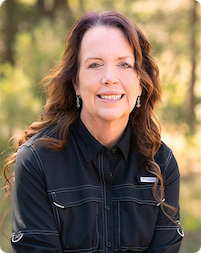
Marie Buck
President and CEO, Western National Parks
